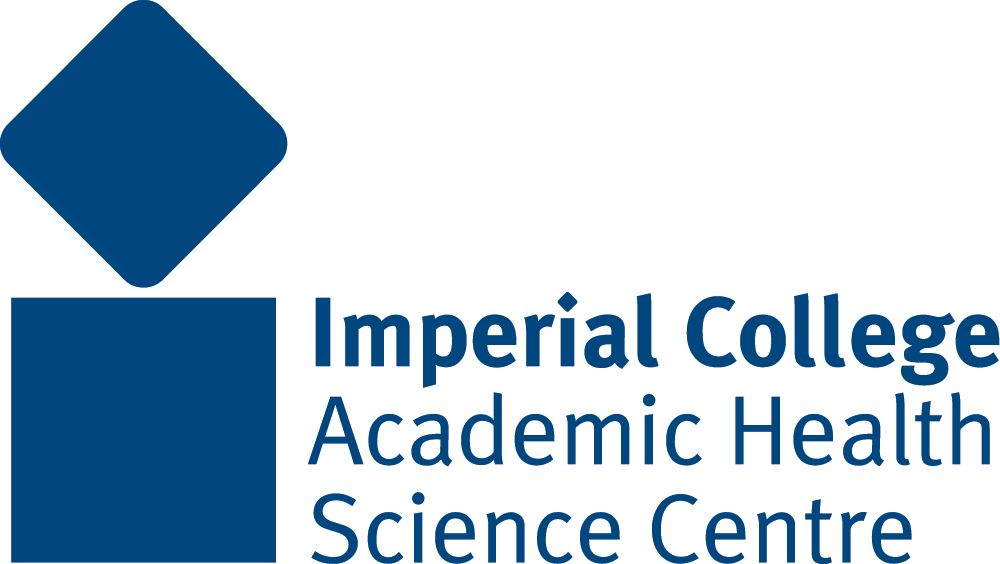Humans of health research
Interviews with researchers and patients working together to improve healthcare
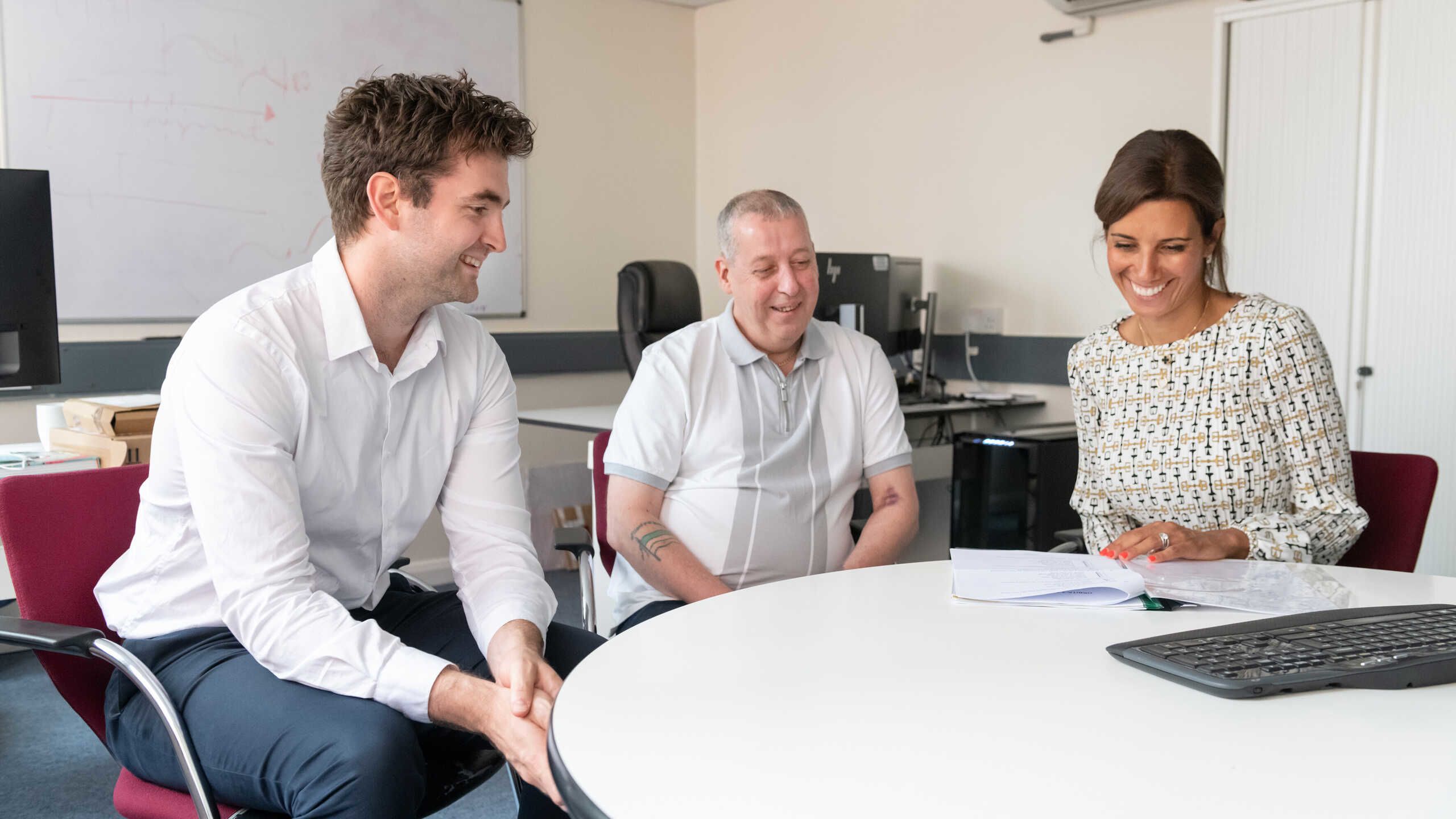
Healthcare research conducted by Imperial’s clinical academics is saving lives, improving patients' health outcomes and transforming NHS services.
To celebrate the extraordinary work of our clinical researchers Imperial College Academic Health Science Centre has launched an online photography exhibition to spotlight some of Imperial’s clinical researchers and their innovative work. It also features the patients who have benefited, and whose experiences and input have influenced and inspired the research.
Covering a broad range of medical specialities, each portrait highlights what motivates these hardworking staff as well as demonstrating why their research is vital.
In this feature, the tenth in the Humans of Health Research series, we hear from two cardiology researchers and their patient on trialing a new device called a Coronary Sinus Reducer to see if it improves a patient's angina - a type of chest pain.
Dr Rasha Al-Lamee
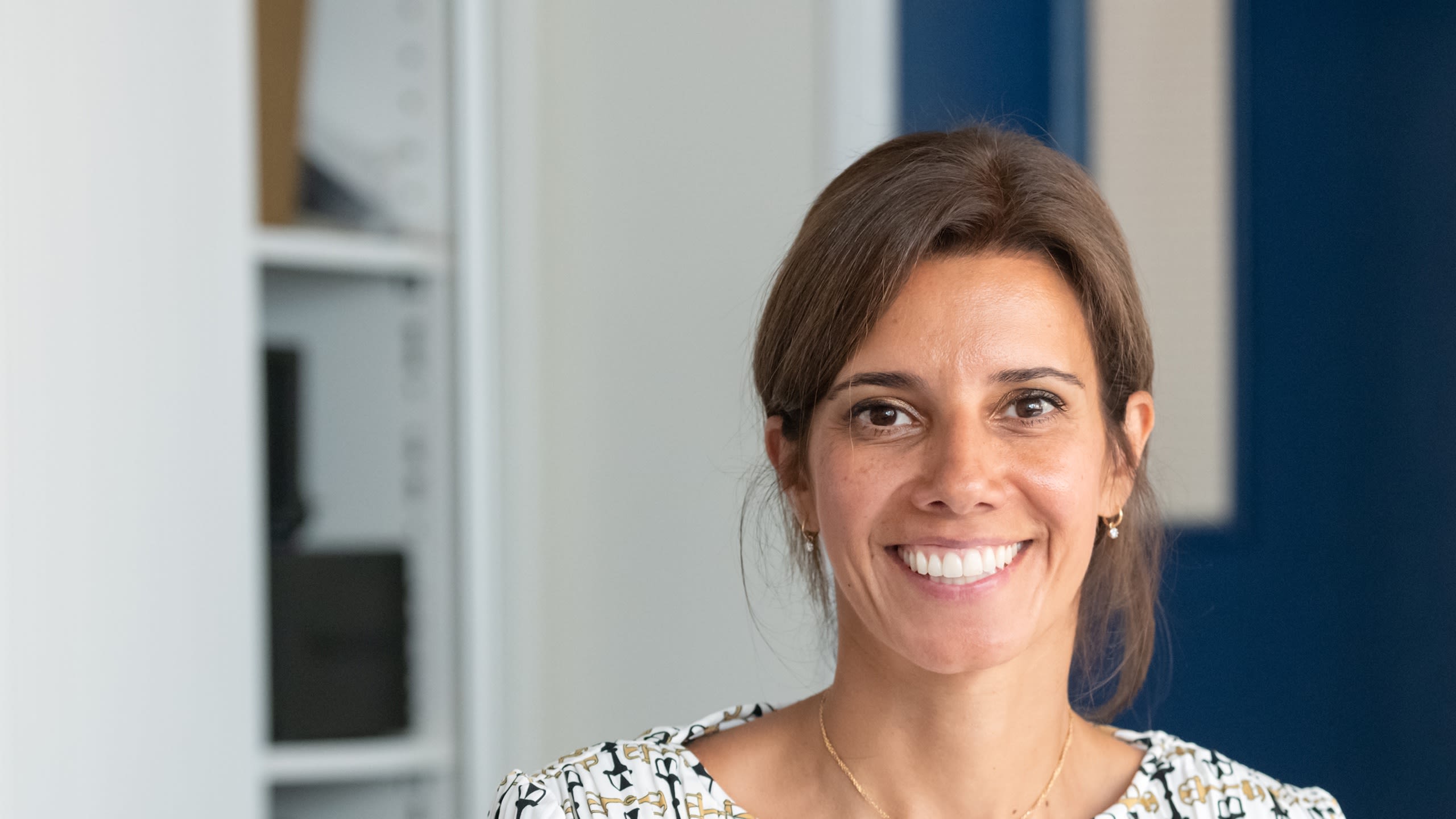
Dr Rasha Al-Lamee’s research focuses on treatments for stable coronary artery disease – a condition that causes narrowing of the arteries in the heart leading to chest pain and breathlessness. She is a Clinical Senior Lecturer in the National Heart & Lung Institute and Clinical Academic Interventional Cardiology Consultant at Imperial College Healthcare NHS Trust.
“Coronary artery disease affects around 2.3 million people in the UK. It can cause chest pains, breathlessness and pain throughout the body. Usual treatments for the condition include medicines and a procedure called an angioplasty where stents - a wire mesh tube – are placed into the artery to open narrow and blocked arteries. However, since the procedure was introduced, it has been unclear if the relief from symptoms is due to the procedure or a placebo effect.
“I led a trial called ORBITA which analysed the effect of a stenting procedure versus placebo, to see if stenting truly improved people’s outcomes.
“Results from the trial showed that the treatment effect of stents was contributed to by both a true physical effect and some placebo effect.
“Since the results of that trial, which was published in the Lancet, we have launched further trials such as ORBITA 2. This again compares the effects of coronary stenting versus a placebo procedure on the symptoms of stable angina – a type of chest pain.
"However, there are some key differences to the first ORBITA trial in that we are now recruiting a wider range of patients, with more real-world medication and with a patient-centred endpoint. We’re hoping that these trials will help us build on the knowledge of coronary heart disease and how to treat it.
“The ORBITA trial was a research career highlight for me. It was the first of its kind, it pushed boundaries and it led to more trials like it in stable coronary artery disease.
“I wouldn’t have ever said I would be a researcher but when I did my PhD at Imperial I really enjoyed it. What I most enjoy about research is that it’s given me a real diversity in my career and the ability to see all sorts of avenues of where my career might go. Also, I enjoy mentorship and teaching and thinking about the next generation of cardiologists and researchers.
"Research has enabled me to build my own team and it has also allowed me to deliver very close care to patients which you don’t always have the time to do to the same extent in everyday clinical practice. We get to know our patients really well. We’re more intricately involved in their lives and it’s incredibly satisfying.
“I have been working with my patient Tony O’Donoghue on another trial called the ORBITA-COSMIC trial. This is a trial testing a new device called a Coronary Sinus Reducer, which we put into a large vein around the heart to see if it improves patients' angina. It is for patients who have no other options. They have often had bypass surgery, stenting and lots of different medications but they still have pain. This trial is looking at whether the device improves blood supply to the heart and improves their symptoms.
“Tony had a blinded procedure during which he was sedated, and he didn’t know whether he had a new device put into his heart to potentially improve his angina or whether he had a placebo procedure. It is an intense experience for a patient to go through, but he was fantastic for getting on board with this.
"Research has enabled me to build my own team and it has also allowed me to deliver very close care to patients which you don’t always have the time to do to the same extent in everyday clinical practice.
"He then went through a period of not knowing which procedure he had had and we were able to tell him during his follow up visit (July 2022) that he had the new device put in. We have spent more time with him now and in the future he will continue to be connected to our team as we follow up with him through our clinical service.
“The ORBITA trial was a research career highlight for me. It was the first of its kind, it pushed boundaries and it led to more trials like it in stable coronary artery disease. I really like that, through research, we can change clinical practice. We can challenge accepted procedures and treatments and work out what the correct management should be. You can also develop new treatments.
"I think the NHS is uniquely placed to do this kind of research as everyone is treated the same way across the country, and many patients are supporting the NHS by helping us with our research.
“My advice to others thinking about doing research is to enjoy it. If you enjoy the process, it’s really a career open to everyone. I say to other clinicians that research makes your career more interesting and varied and every day of your week is different. It also adds longevity to your career because you are constantly thinking of the next interesting project.”
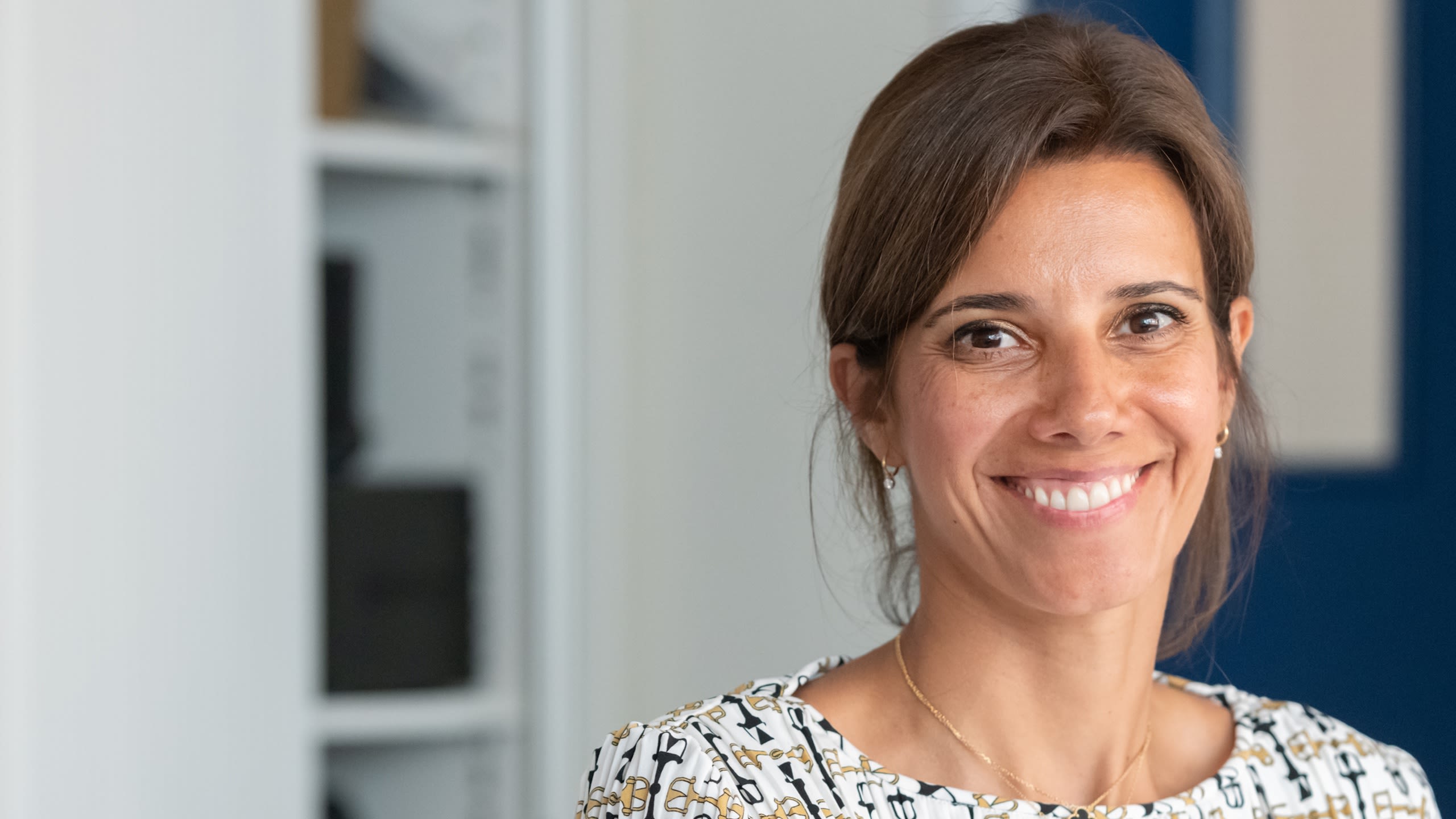
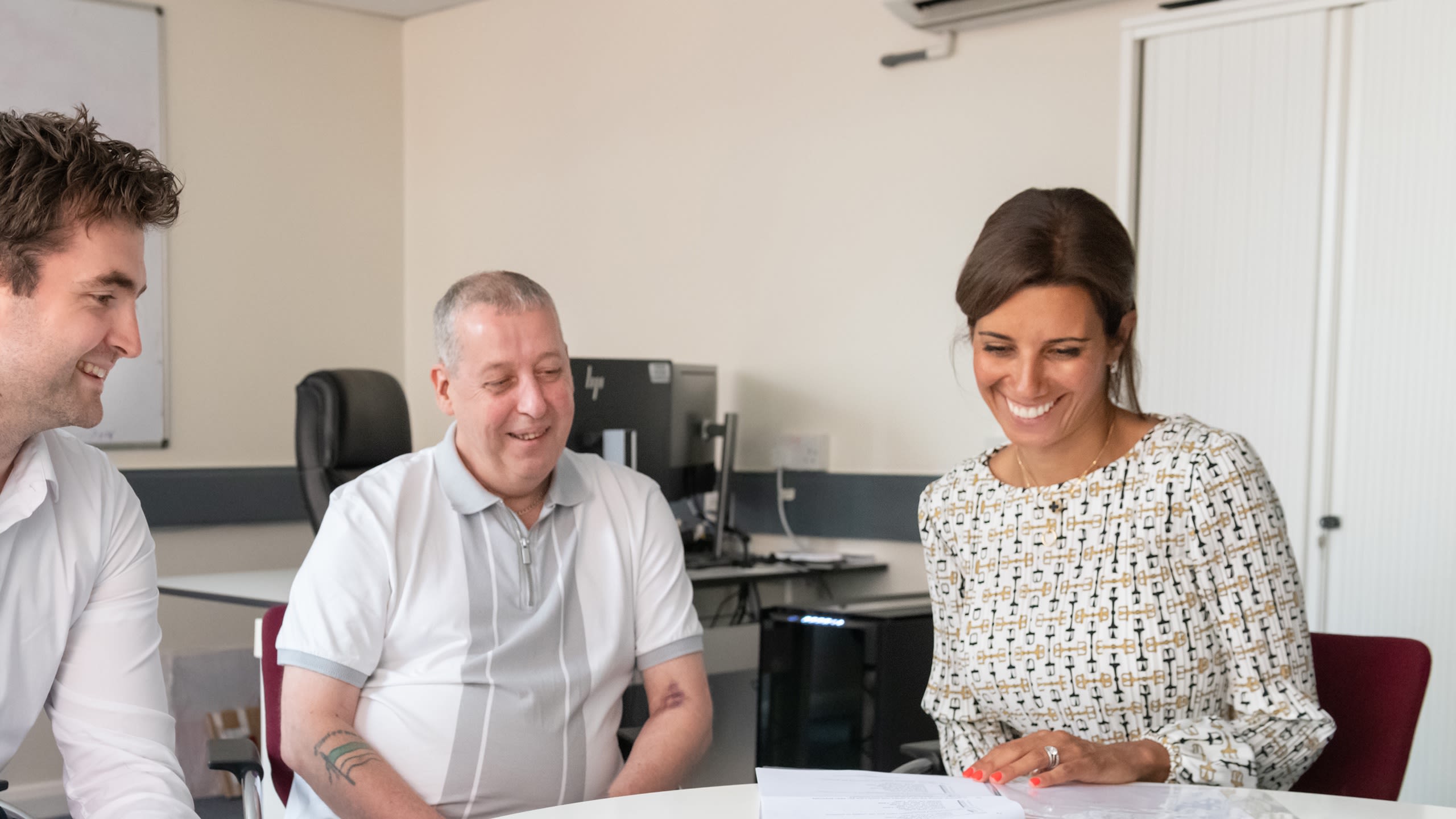
Michael Foley
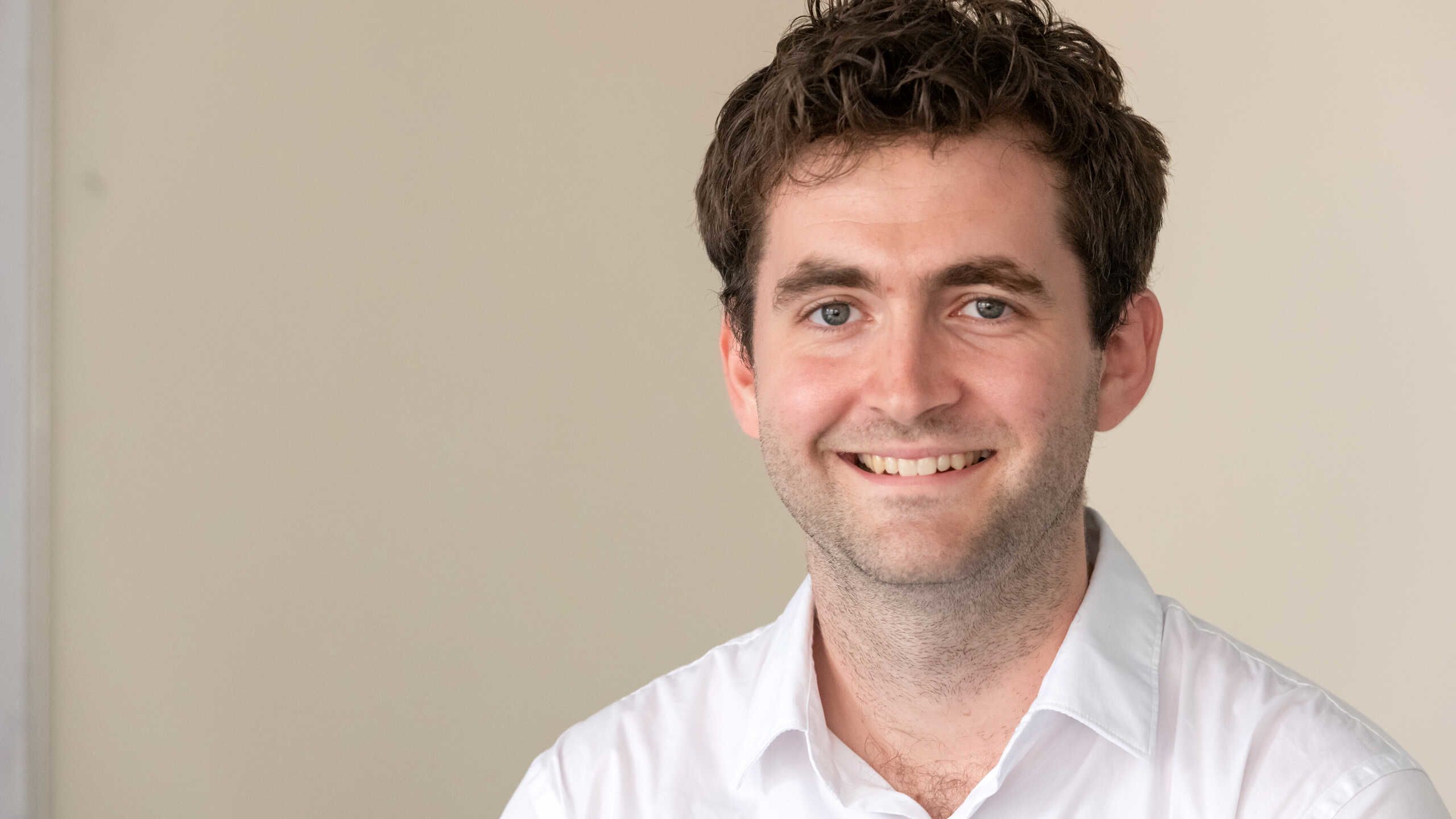
Michael Foley works with Dr Rasha Al-Lamee on the ORBITA COSMIC trial. He is a Medical Research Council Clinical Research Training Fellow at Imperial College London and a Cardiology Registrar at Imperial College Healthcare NHS Trust.
“I became interested in cardiology research when I heard of Rasha’s ORBITA trial and I approached her in 2018 about working with her. We started working on developing a trial to test the Coronary Sinus Reducer device – the ORBITA- COSMIC trial.
“There are lots of things in clinical practice that we do because we’ve always just done it or because we think it works and no one has ever tested it scientifically.
Ideally, I would like a research career that combines clinical practice. I want to be a doctor who is research minded and curious, where I can spend my time designing clinical trials and taking findings into practice.
"Before the ORBITA trial it was widely believed that stents were the best treatment for making angina better and Rasha tested this in a placebo-controlled way and found little evidence that they do. I think that’s very interesting, and I want to be part of the ongoing conversation about what to do in this area of medicine and that means being involved in research.
“I also find research very rewarding. It is hard work, but I find it very satisfying taking someone through a trial like our patient Tony O’Donoghue. I have been working with him since November 2021 and have been in regular contact and I like the relationship building side of research.
“Working with patients is vital. Before we started the ORBITA-COSMIC trial we took advice from patients that had been through the ORBITA trial, and we had specific questions on how much we can reasonably ask patients to do for research and how much time they can spend. I have found that patients are enthusiastic about helping science.
“A typical day as a researcher is varied. In the mornings I might be in a cath lab where tests and procedures such as angiograms – a type of x-ray to examine blood levels - take place. In the afternoon I might spend the time calling patients who may be suitable for our trial and organising tests they need to have, often I am also fielding enquiries from patients already in our trial and talking to them about their medications. On other days, I may be involved in other trials such as ORBITA 2.
I have found that patients are enthusiastic about helping science.
"Getting my research grant was a highlight for me and it meant I could start my PhD. The other big moment was when we randomised our first patient in the ORBITA-COSMIC trial before then the trial was some ideas on some paper.
"Ideally, I would like a research career that combines clinical practice. I want to be a doctor who is research minded and curious, where I can spend my time designing clinical trials and taking findings into practice.”
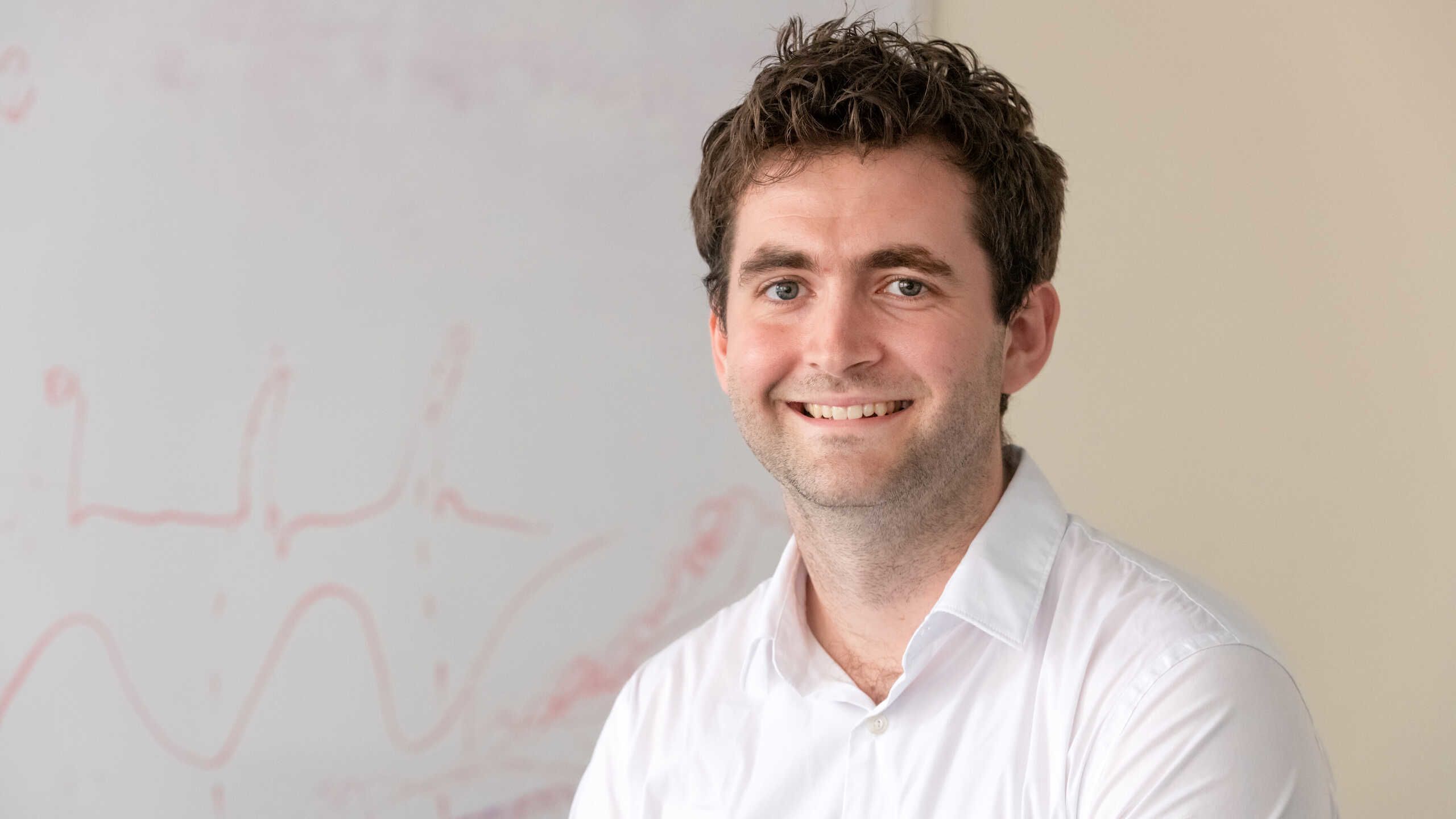
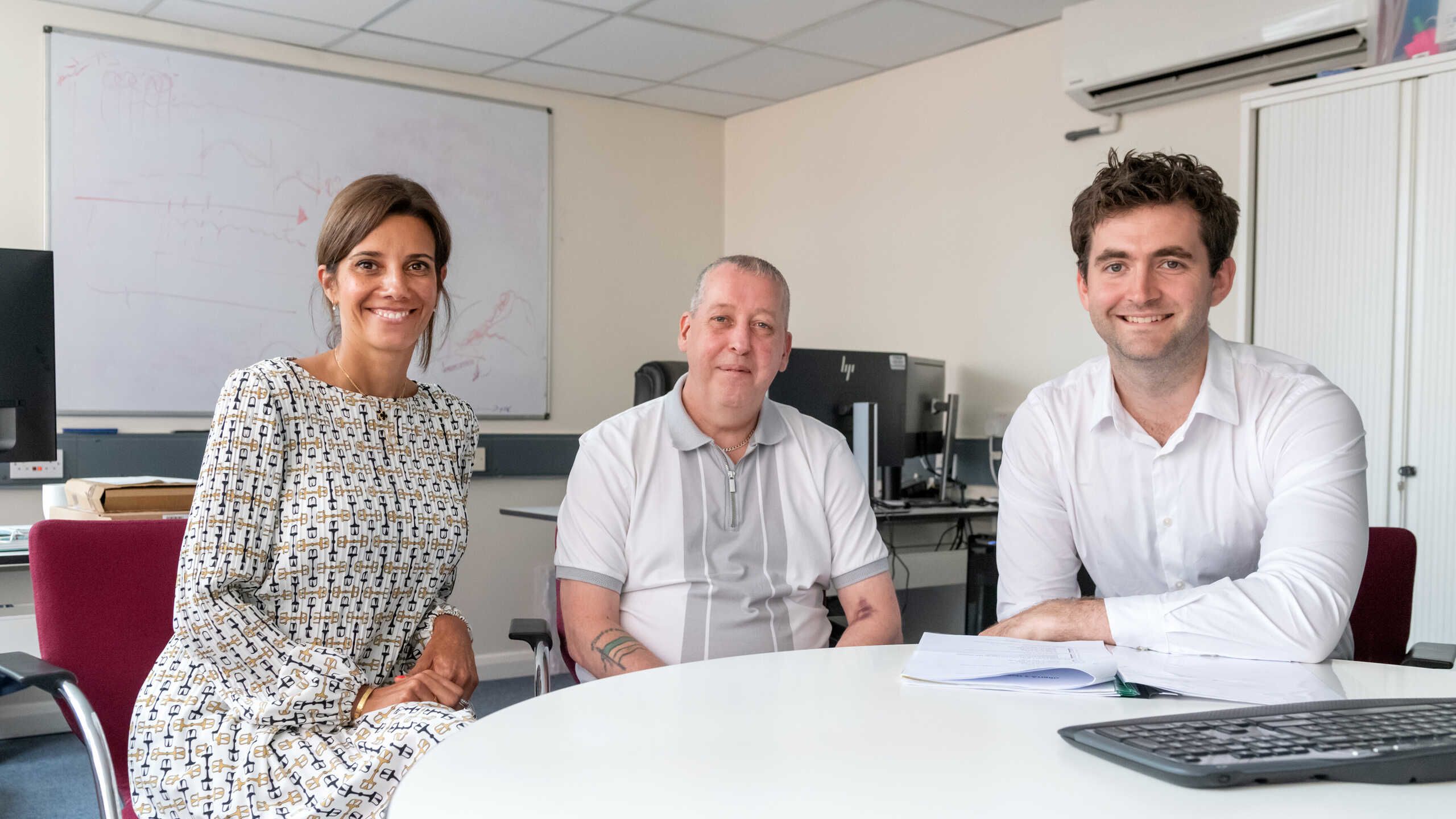
Tony O’Donoghue
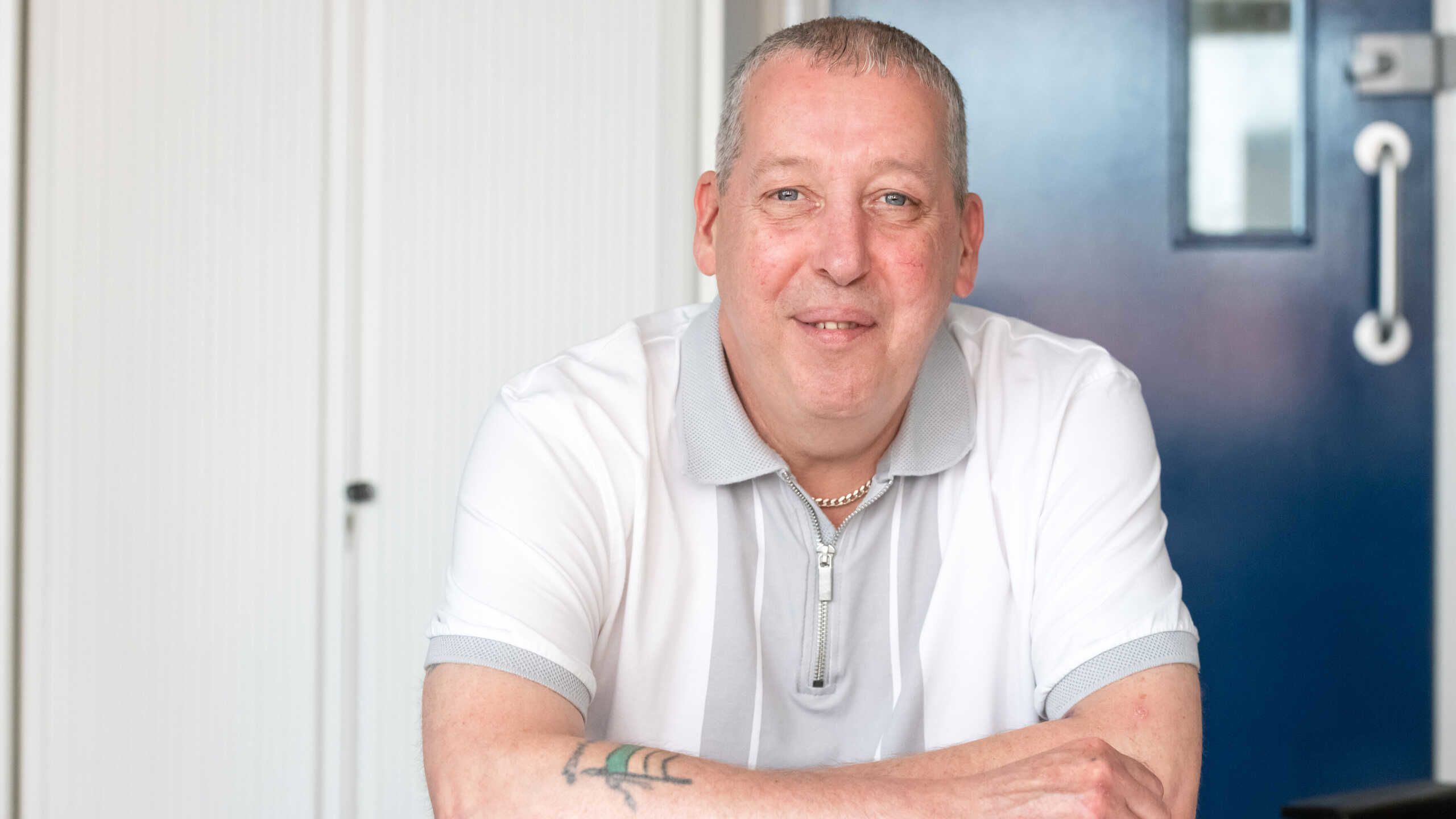
Tony O’Donoghue is a participant in the ORBITA- COSMIC trial led by Dr Rasha Al- Lamee and Michael Foley.
“I first developed a heart problem in 2015 and the cardiologists tried to stent my heart on many occasions but my artery was totally occluded and a stent couldn't be inserted.
"There was nothing open for me and the condition was having a real impact on my life. I struggled to get dressed or even tie my shoelaces. I would go to the shops but I couldn’t carry anything back because I would get breathless. I would constantly worry that at any moment I would have a heart attack. I was full of fear all the time, especially as I live alone.
“I was taking a lot of medication for my heart condition on top of my medication for liver cirrhosis - scarring of the liver caused by continuous, long-term liver damage- as a result of alcohol abuse.
I would say to others interested in being part of a trial to go for it. You gain knowledge and you can help yourself and others. For me personally, I see my involvement in research as a way of making amends and to give back to our wonderful NHS.
“I was contacted about the ORBITA-COSMIC trial in 2021 and I thought I’d give it a go - I had nothing to lose and everything to gain. A cardiologist said to me ‘Tony, you didn’t get sober to be stranded on a beach’ and that really stayed with me because that’s how I felt.
“As part of the trial, I had a range of tests which were two to three hours at the time. I then had a procedure where I was fitted with the Coronary Sinus Reducer device, in January 2022, but I didn’t know that at the time as I might have been given the placebo device.
"After the procedure I found that I could do things like walk further up a hill and not get breathless, so that gave me hope. I couldn’t sleep on my left side for years as I would wake up breathless but after the operation I could. It made me feel like I might be ok. When you have a heart condition like this for years you notice the small things.
“Now that I know I’ve been fitted with the device, I found myself wanting to look at the trial in even more detail and I look forward to watching the study develop.
"I would say to others interested in being part of a trial to go for it. You gain knowledge and you can help yourself and others. For me personally, I see my involvement in research as a way of making amends and to give back to our wonderful NHS.”

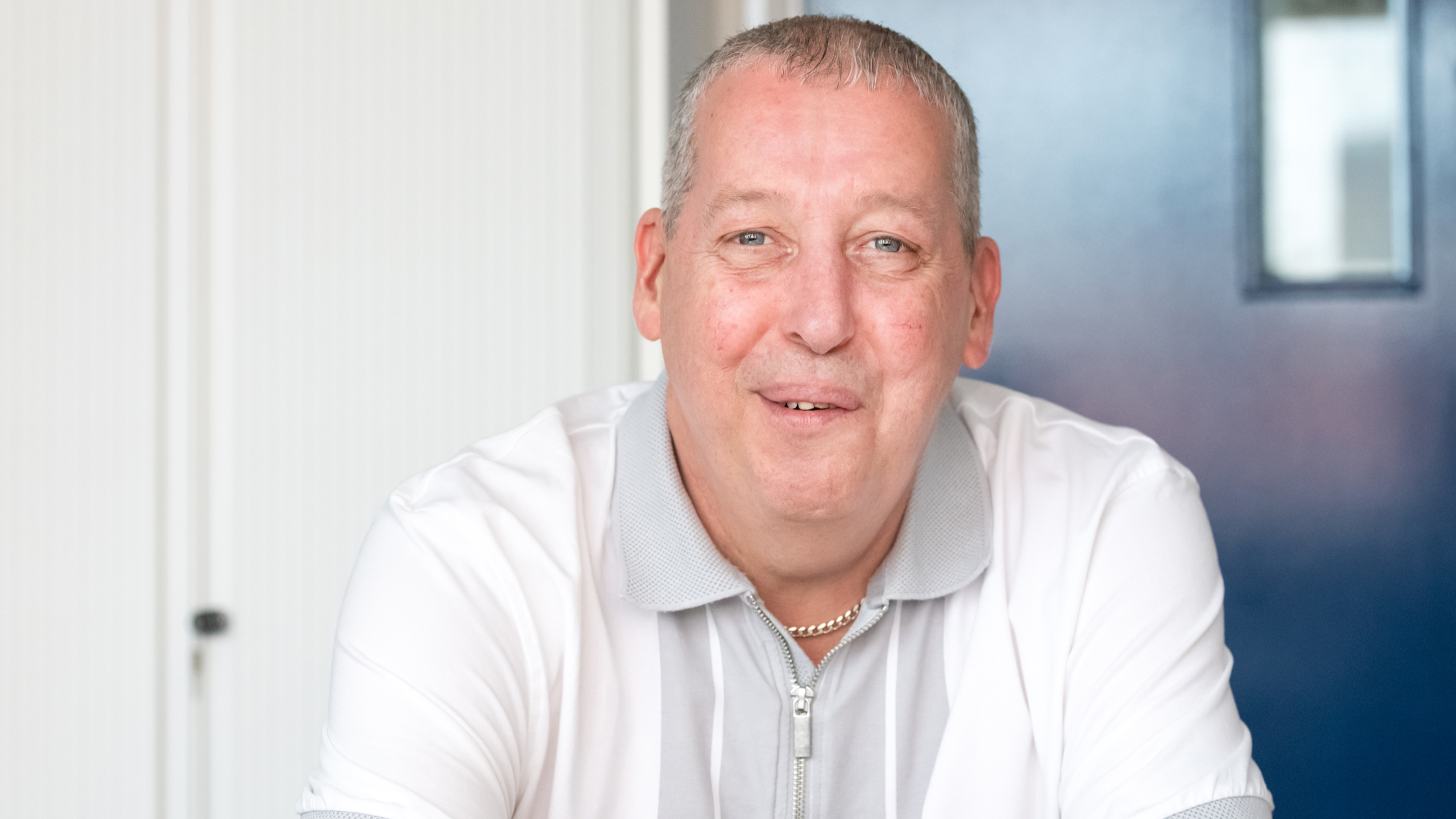
The Imperial College Academic Health Science Centre is a university-NHS partnership aiming to transform healthcare through research.


